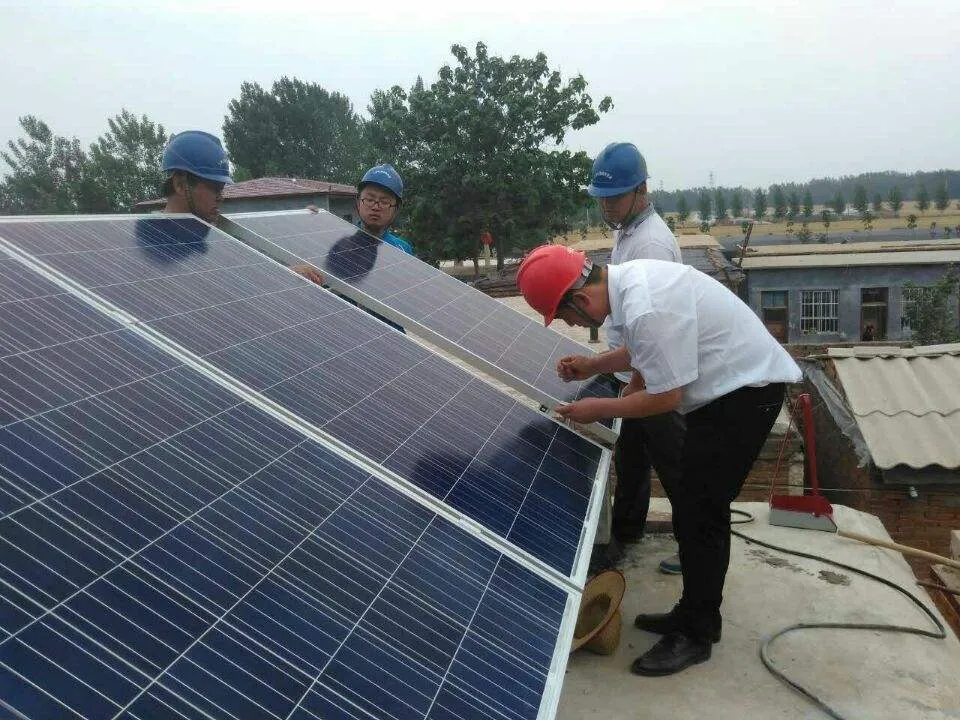Top Suppliers of Solar Energy Products for Sustainable Solutions
Exploring Solar Products Suppliers A Sustainable Future
As global awareness of climate change and environmental degradation grows, there has been a significant shift towards renewable energy sources. Among these, solar energy stands out due to its abundance and accessibility. As a result, the demand for solar energy products has surged, giving rise to a wide array of suppliers catering to this burgeoning market. In this article, we will explore the roles of solar products suppliers, the various types of products available, and the critical factors to consider when choosing a supplier.
The Role of Solar Products Suppliers
Solar products suppliers play a crucial role in the solar energy ecosystem. They provide the necessary equipment and technology needed to harness solar energy efficiently. These suppliers can be manufacturers, distributors, or retailers who offer a variety of products, from photovoltaic (PV) panels to solar thermal systems.
Suppliers not only focus on the sale of solar products but also contribute to the education of consumers about solar energy's benefits. They often provide valuable insights into installation processes, maintenance, and optimizing system performance. Furthermore, they help facilitate the transition to renewable energy by working with government policies and financing solutions that make solar energy more accessible and affordable for homeowners and businesses alike.
Types of Solar Products Offered
1. Solar Panels The most recognized solar products, photovoltaic panels, convert sunlight into electricity. There are various types of solar panels available, including monocrystalline, polycrystalline, and thin-film panels. Each type has its unique advantages in terms of efficiency, cost, and application suitability.
2. Inverters Solar inverters are essential as they convert the direct current (DC) produced by solar panels into alternating current (AC) that can be used in homes and businesses. Suppliers offer various types of inverters, including string inverters, microinverters, and power optimizers.
3. Batteries Energy storage solutions, such as solar batteries, allow for the capture and storage of excess solar energy. This stored energy can be utilized when sunlight is not available, providing a consistent power supply. Lithium-ion batteries are among the most popular options on the market.
4. Solar Water Heaters These systems harness solar energy to heat water for residential and commercial use. They are increasingly popular in areas with high sunshine, as they can significantly reduce energy costs.
solar products suppliers

5. Solar Chargers and Accessories Suppliers also offer various smaller solar products such as solar chargers for devices, portable solar panels, and solar lighting solutions. These products cater to the growing trend of off-grid living and eco-friendly practices.
Factors to Consider When Choosing a Supplier
When selecting a solar products supplier, several critical factors should be considered
1. Reputation and Reliability Look for suppliers with a proven track record in the solar industry. Customer reviews, testimonials, and industry awards can provide insight into the supplier's reliability and service quality.
2. Product Range A supplier offering a comprehensive range of products ensures that customers can find everything they need in one place. It’s beneficial if the supplier provides complementary products that enhance the overall solar system.
3. Warranty and Support The longevity of solar products is essential. Choose suppliers that offer robust warranties and post-installation support. This can include maintenance services and troubleshooting help.
4. Pricing and Financing Options Solar products can be a significant investment, so it’s critical to compare prices and look for suppliers that offer financing options. Many suppliers now provide leasing or Power Purchase Agreements (PPAs) as alternatives to upfront payments.
5. Certifications Ensure that the products offered meet international quality standards and have relevant certifications. Certifications like the IEC (International Electrotechnical Commission) or UL (Underwriters Laboratories) can provide assurance of product quality and safety.
Conclusion
The rise of solar products suppliers marks a significant advancement in the shift towards sustainable energy solutions. As the industry continues to evolve, consumers have more options than ever when it comes to integrating solar technology into their lives. By understanding the role of suppliers and the products available, individuals and businesses can make informed decisions that contribute not only to their energy needs but also to a more sustainable future. Transitioning to solar energy is more than just a choice—it's a commitment to creating a healthier planet for generations to come.
-
String Solar Inverter: The High-Efficiency Solution for Smart Solar EnergyNewsJul.14,2025
-
Revolutionizing Rooftop Energy with the Power of the Micro Solar InverterNewsJul.14,2025
-
Power Independence with Smart Off Grid Solar Inverter SolutionsNewsJul.14,2025
-
On Grid Solar Inverter: Powering the Future with Smart Grid IntegrationNewsJul.14,2025
-
Monocrystalline Solar Panels: High-Efficiency Power for the Future of Clean EnergyNewsJul.14,2025
-
Bifacial Solar Panel: A Smarter Investment for Next-Generation Energy SystemsNewsJul.14,2025







